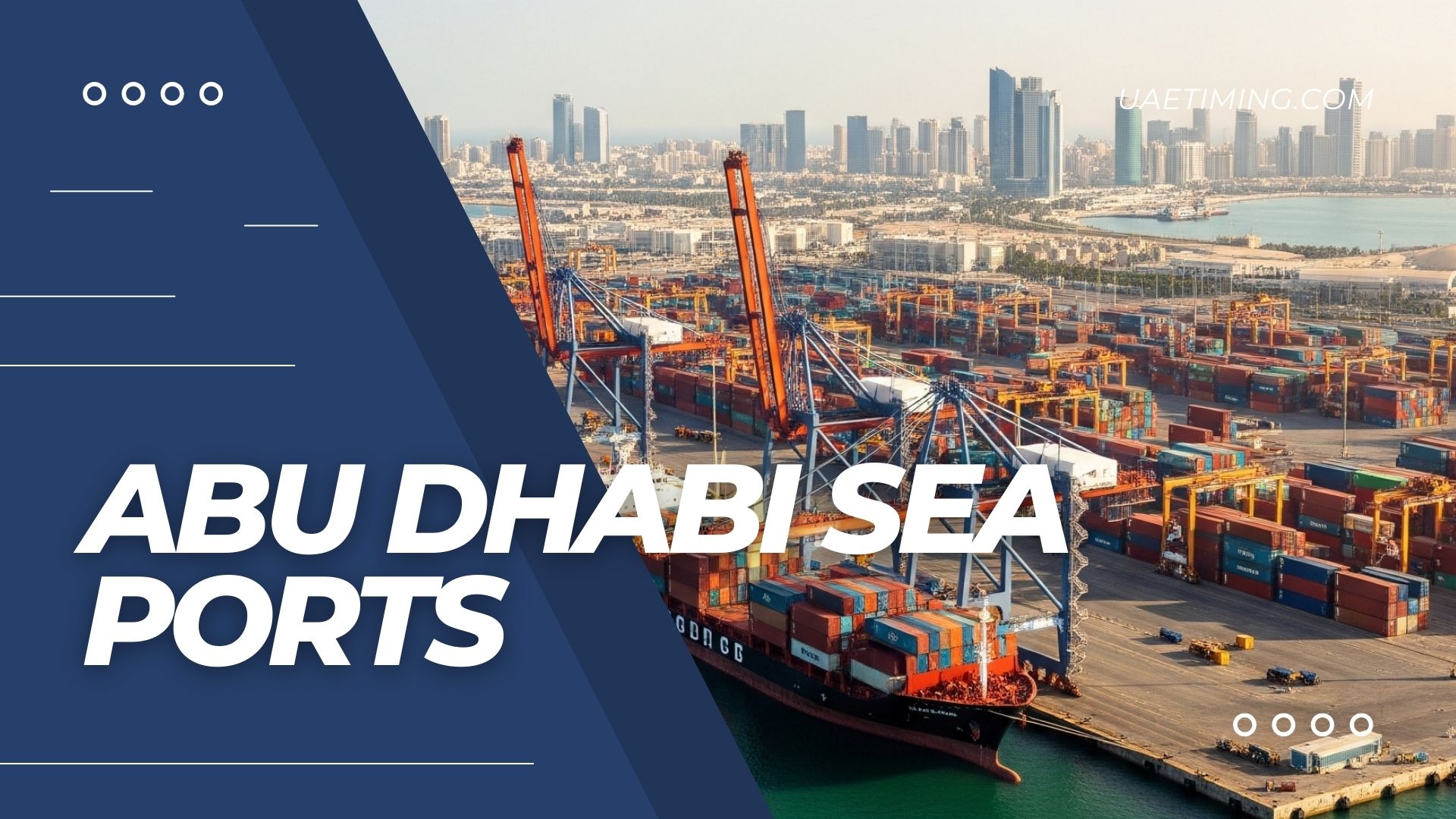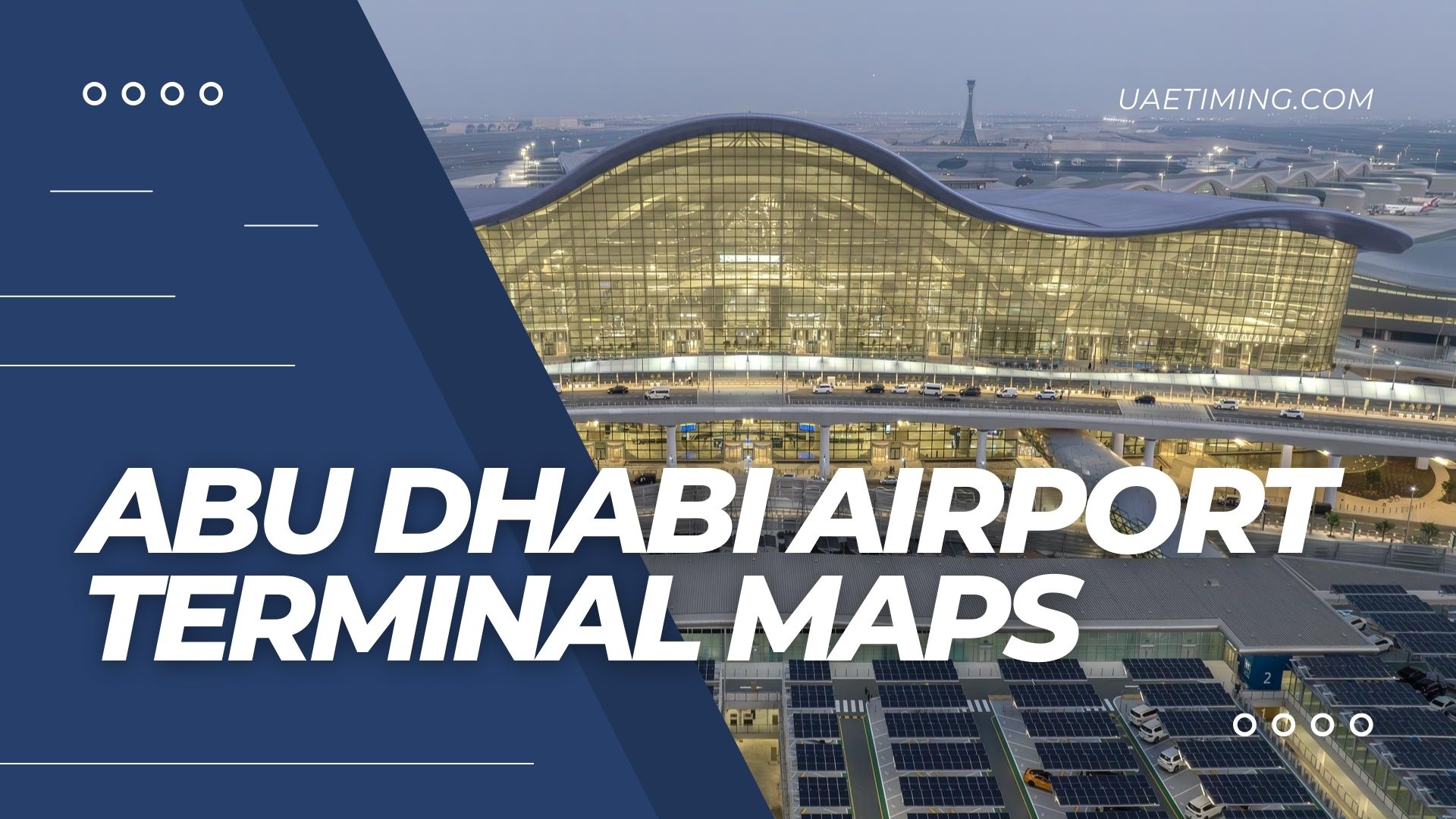Trade, logistics and industrial growth are all active in Abu Dhabi which is the capital of the United Arab Emirates (UAE). Abu Dhabi Ports is a major factor in helping the emirate rise to become a leading force in both maritime and economic sectors. Since 2006, Abu Dhabi Ports has been managing and running various ports and industrial areas, helping the UAE’s non-oil economy and making Abu Dhabi a key center for trade and logistics.
This article looks at the background, economic role, key benefits and future plans of Abu Dhabi Ports, giving useful information to readers.
History and Establishment of Abu Dhabi Ports

Abu Dhabi Ports was formed in March 2006 by Emiri Decree No. (6) as part of a major change in the emirate’s commercial ports. As a result, the company inherited the role of the Abu Dhabi Seaports Authority (ADSA) and gained authority over all commercial port assets.
Khalifa Port, launched in 2012, was a major milestone for the emirate because it replaced the older Port of Zayed and became a key part of Abu Dhabi’s maritime infrastructure. At the same time, the Khalifa Industrial Zone (KIZAD) was established, forming a complete trade and logistics area.
Currently, Abu Dhabi Ports is responsible for 11 ports and terminals, both within the UAE and overseas, in Guinea, Africa.

Economic Impact of Abu Dhabi Ports
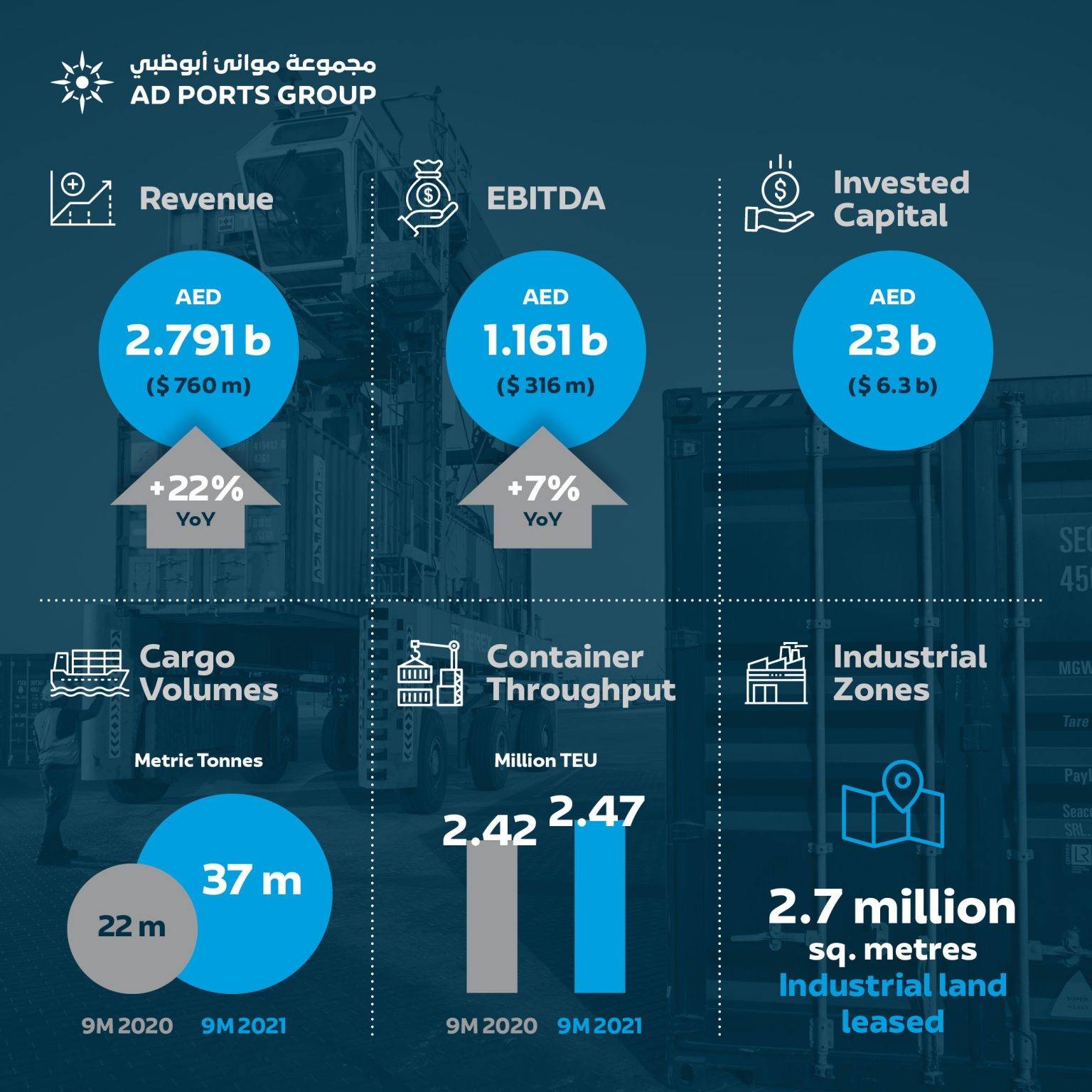
Abu Dhabi Ports is important for diversifying the emirate’s economy, as it follows the Abu Dhabi Economic Vision 2030. Let’s look at some important numbers that show how tourism helps the economy:
- 3.6% of Abu Dhabi’s GDP that doesn’t come from oil (AED 19.6 billion)
- 2.2% of the UAE’s total non-oil GDP (AED 24.2 billion)
- The industry creates over 60,000 jobs in Abu Dhabi and more than 90,000 jobs across the UAE
Through its support for trade, logistics and industry, Abu Dhabi Ports helps the UAE rely less on oil income and encourages more foreign investment, manufacturing and better connections in the world’s supply chains.
Key Ports and Terminals Under Abu Dhabi Ports
1. Khalifa Port
- The UAE’s biggest and most advanced deep-water port
- Deals with containers, general cargo and Ro-Ro (roll-on/roll-off) shipments
- Includes semi-automated container terminals and straight access to KIZAD
2. Zayed Port (Port of Abu Dhabi)
- Before Khalifa Port opened, Abu Dhabi’s main port for trade was Zayed Port
- Currently, the company’s main activities are cruise tourism, general cargo and operating smaller vessels
3. Fujairah Terminals
- Being stationed outside the Strait of Hormuz makes it possible for oil and cargo to flow without disruption
- Essential for energy trading around the world
4. Mussafah Port
- Helps with the use of industrial and construction materials
- A major center for local buying and selling
5. International Expansion: Guinea’s Port of Kamsar
- Increases Abu Dhabi Ports’ reach in Africa
- Focuses on shipping bauxite (aluminum ore) around the world

Why Abu Dhabi is a Prime Location for Trade and Business
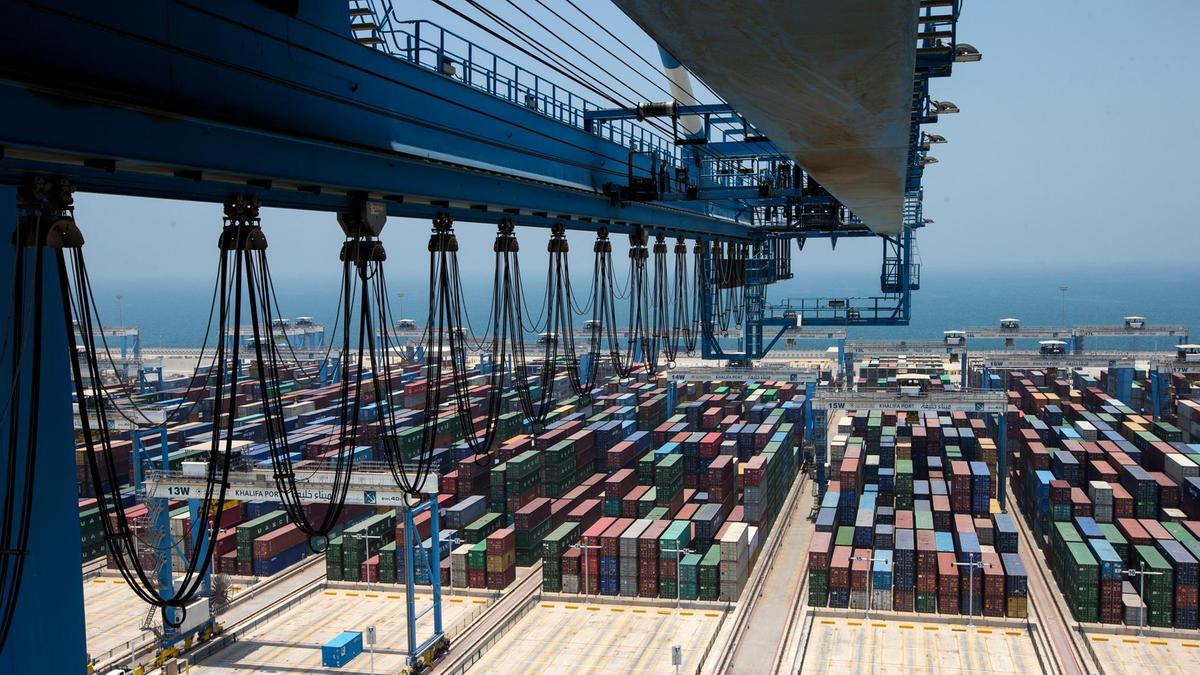
Abu Dhabi is now the second-best city to live, work and do business, according to the Ipsos City Index 2017, ahead of London and Paris. Here’s why:
Strategic Geographic Position
- At the point where Europe, Asia and Africa come together
- Across 4 time zones, making it easy for global trade to happen
- The ability to sell to 4.5 billion customers in nearby countries
World-Class Infrastructure
- KPFTZ allows companies to enjoy tax exemptions and own 100% of their business
- KIZAD offers both industrial and logistics solutions in one place
High Quality of Life
- A place that is safe, up-to-date and diverse
- Merges the friendly spirit of the Arabs with the modern life of the city
Latest Developments and Future Outlook
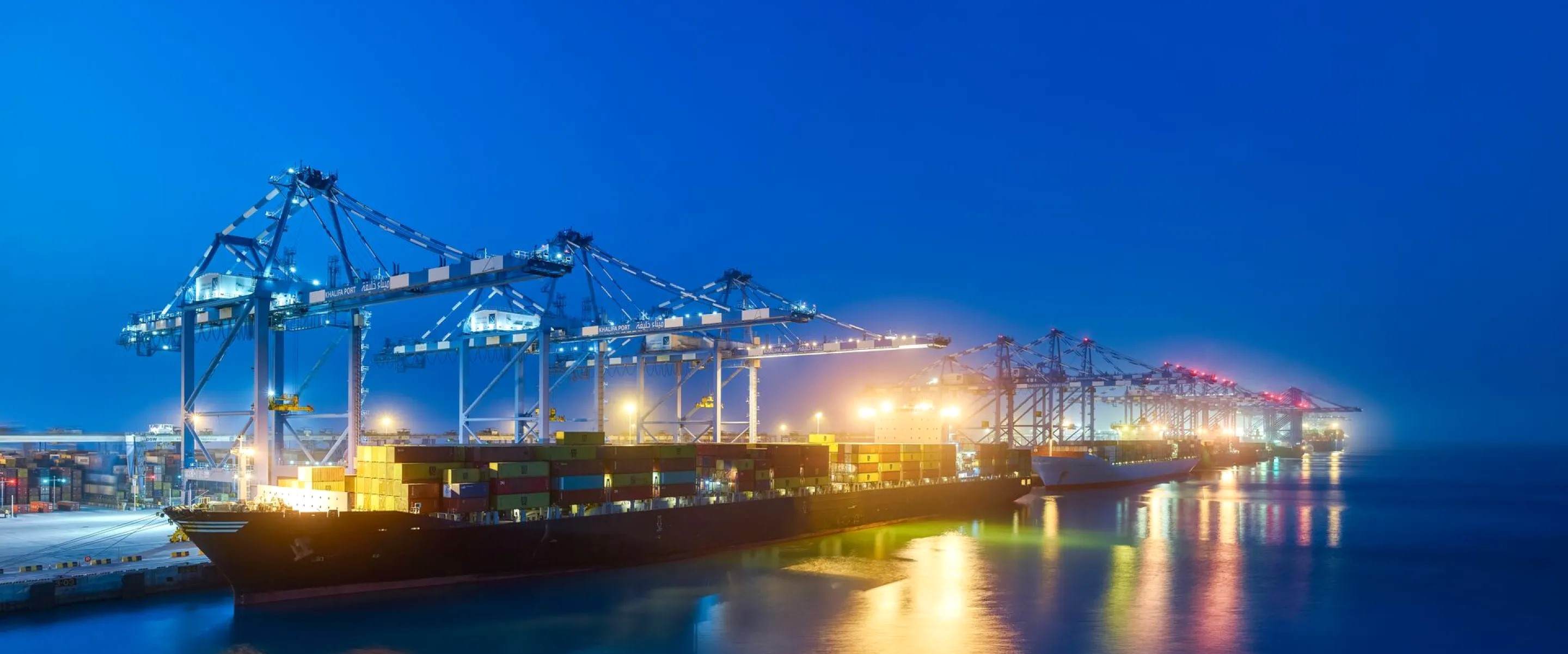
In 2024, Abu Dhabi Ports is carrying out new projects to increase its impact:
- The Abu Dhabi Cruise Terminal project, helping to increase tourism
- The ability of Khalifa Port to manage more than 15 million TEUs (containers) each year
- Smart Port Initiatives which use AI, blockchain and automation to improve efficiency
- Green Port Strategy which is centered on being sustainable and lowering carbon emissions
Abu Dhabi Ports will keep supporting the UAE’s economy thanks to its investments in digital transformation and international partnerships.

Beyond being a maritime operator, Abu Dhabi Ports helps the region grow economically, offers new jobs and supports global trade. Thanks to its strategic place, excellent infrastructure and modern policies, Abu Dhabi is now known as a top business and logistics center.
Abu Dhabi gives investors, businesses and professionals unmatched possibilities in trade, industry and living. Abu Dhabi Ports will become even more important as the UAE moves toward a future without oil.

